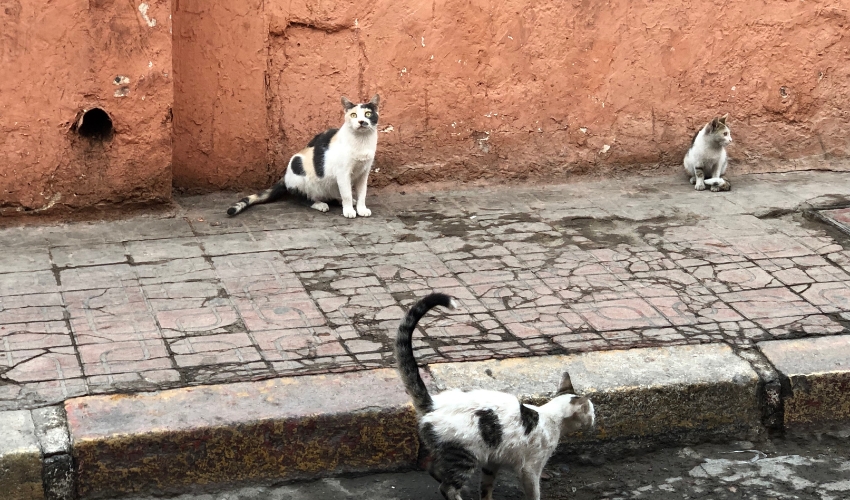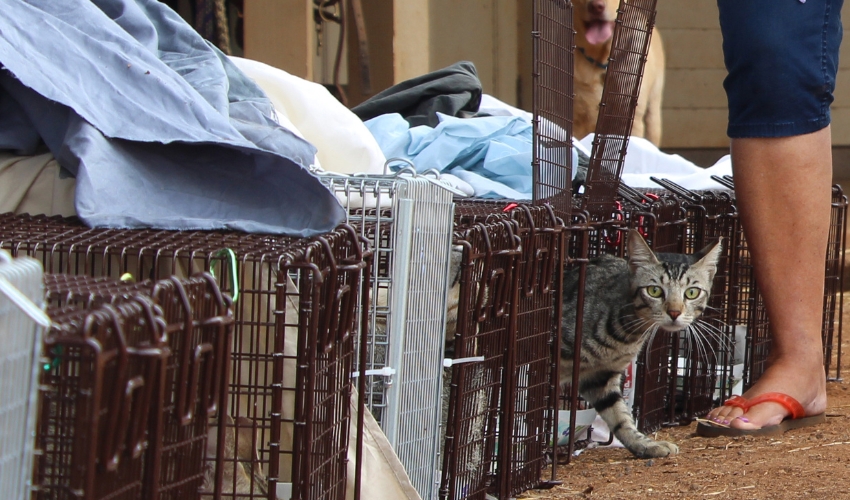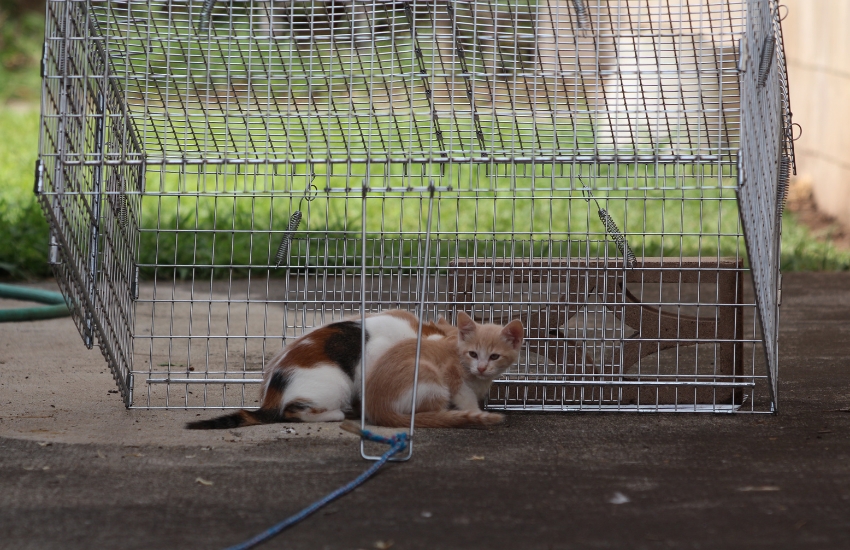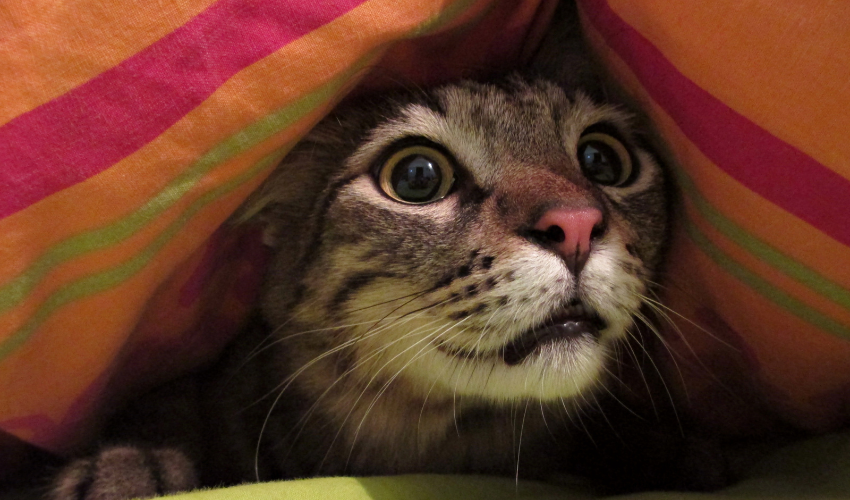Are you ready to embark on a journey into the fascinating world of feral cats and the incredible impact of Trap-Neuter-Return (TNR)? These elusive felines may roam our urban landscapes, but they hold secrets to building healthier communities, and we’re about to unravel it all.
Let’s explore the critical importance of TNR for feral cats. We will also shed light on its impact on feline welfare, ecosystem conservation, and fostering harmonious coexistence between cats and humans.
What is Trap-Neuter-Return (TNR)?
Trap-Neuter-Return (TNR) is a compassionate and evidence-based method of managing feral cat colonies.
The process involves trapping feral cats using humane traps, bringing them to licensed veterinarians to be spayed or neutered, vaccinated, and provided with necessary medical care, and finally, releasing them back into their original territory.
Unlike traditional methods of euthanasia, TNR is non-lethal and aims to stabilize feral cat populations while ensuring their well-being.
The Positive Impact of Trap-Neuter-Return (TNR) for Feral Cats
Promoting Feline Welfare
The primary focus of TNR is to improve the lives of feral cats. By spaying or neutering them, TNR prevents continuous breeding cycles, leading to a decline in the population of feral cats over time.
This humane intervention eliminates the struggles faced by kittens born in challenging environments and significantly reduces their exposure to various health risks.
Additionally, sterilized cats tend to exhibit less aggressive and territorial behaviors, resulting in reduced inter-cat conflicts and a generally calmer disposition. As a result, feral cats living in TNR-managed colonies experience better mental and physical health, leading to improved overall welfare.

Environmental Conservation
The impact of feral cat colonies extends beyond their own well-being; their presence can lead to ecological disruptions.
Cats, both feral and domestic, are natural hunters and can pose a threat to local wildlife. By implementing TNR, the population of feral cats is controlled, thereby reducing their predation on small animals and birds.
Moreover, TNR programs often include provisions for returning the cats to their original territories after recovery. This helps maintain a balanced and natural ecosystem, as feral cats continue to fulfill their roles as predators in their respective habitats without contributing to population explosions.
Community Benefits
One of the significant advantages of TNR is its positive impact on communities.
By stabilizing feral cat populations through sterilization, TNR reduces the number of nuisance behaviors associated with unaltered feral cats. These behaviors may include excessive yowling, territorial spraying, and fighting over mates.
With fewer mating-related behaviors, communities experience a decline in complaints related to feral cats, fostering more harmonious coexistence between residents and the feline inhabitants of their neighborhoods.
Upcoming Trap-Neuter-Return Certification Workshop
Are you interested in becoming effective advocates for feral cats and promoting TNR? Then we have some good news for you!
Participate in the upcoming Trap-Neuter-Return (TNR) Certification Workshop presented by the Community Cats Podcast and Neighborhood Cats. It is scheduled for August 5, from 2:00 to 4:30 PM EDT. The workshop aims to provide participants with comprehensive knowledge and practical skills needed to implement successful TNR programs.
To register for the workshop, please visit their RSVP here.

Ready to Make a Difference?
The significance of Trap-Neuter-Return (TNR) for feral cats cannot be overstated. This humane approach not only improves the welfare of feral cats but also plays a vital role in environmental conservation and fostering safe coexistence between cats and humans.
Through TNR, we can create a brighter future for feral cats, ensuring their well-being and preserving the delicate balance of the ecosystems they inhabit. By participating in initiatives like the TNR Certification Workshop, we can actively contribute to the well-being of feral cats and the world they call home.
Don’t forget to visit Doobert.com to learn more about what you can contribute to fostering collaboration within the animal rescue community.
Together, we can build more compassionate, healthier communities for both humans and our feline friends!












